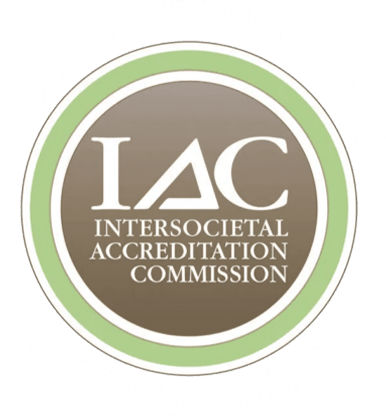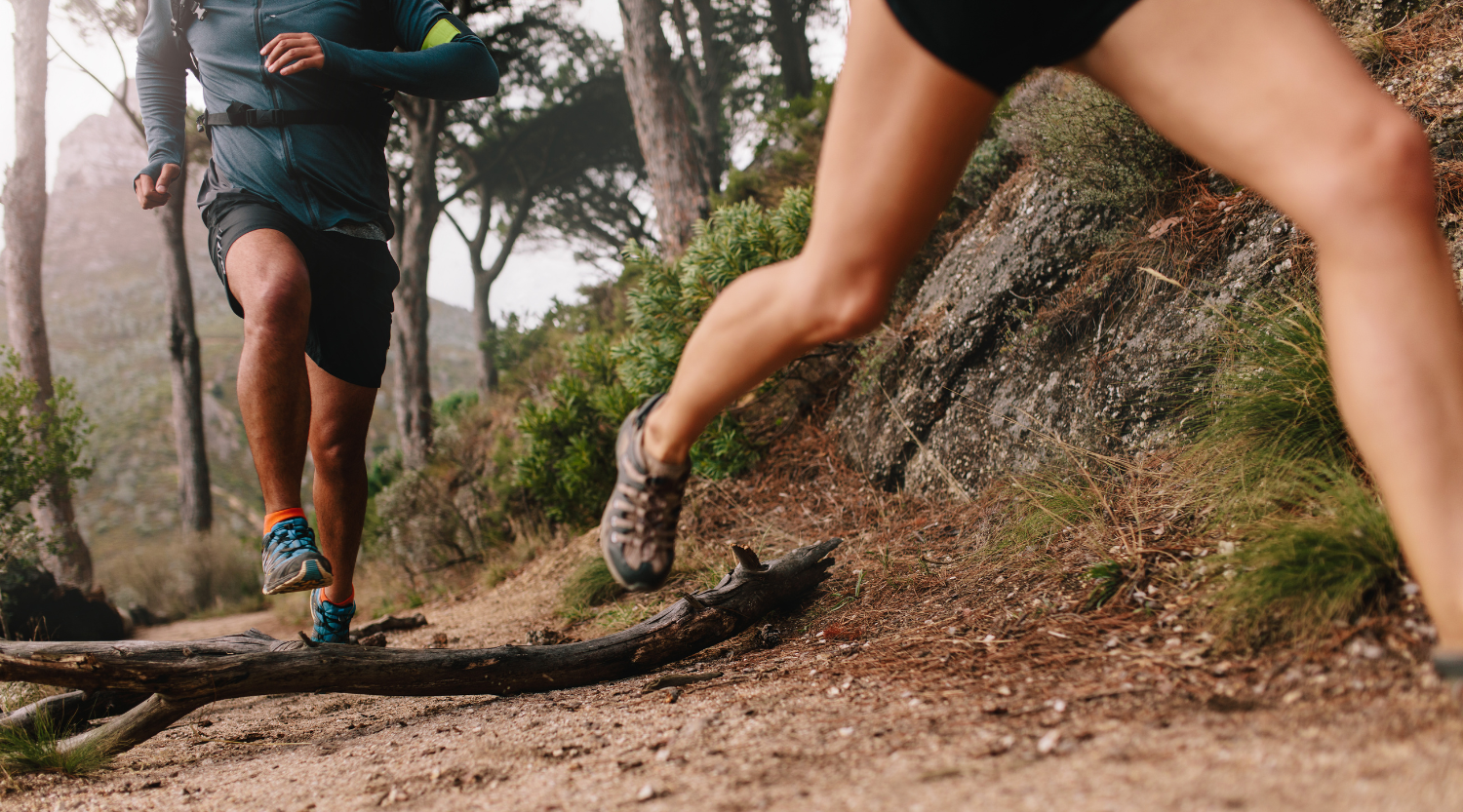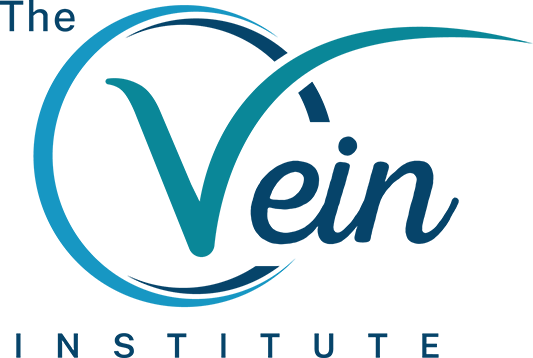
Whether it is kindergarten or college, teachers of all types do a lot of standing. If you are not taking preventive measures, tired, achy legs and sore feet can make for very long days at work. Unfortunately, you could also be at risk for developing varicose and spider veins. Standing for long periods of time, giving lectures or writing on the board can actually be detrimental to your leg health. Thankfully, there are some simple things teachers can do to improve leg health, both at work and at home.
Tips for Teachers at Work
- If you are a teacher who must give long lectures or write on chalk or dry erase boards, try pacing a little, even just shifting feet to keep blood circulating.
- If your teaching style is more flexible, try moving around the classroom, or even sitting for short periods of time.
Invest in shoes or insoles that provide sufficient support for your feet. - A good foundation can prevent tired, worn out legs and keep you moving. If you’re unable to move around, try bending your knees and rotating your ankles.
- Both male and female teachers can enjoy the benefits and comfort of prescription grade compression stockings. They apply just the right amount of pressure to prevent varicose and spider veins.
- When getting around from classroom to classroom, take the long way or the stairs whenever you can. You would be surprised how much a little adds up in a week!
If you would like to get a recommendation on what shoes or insoles to get or are interested in compression stockings, you can contact us online or call for an appointment 904.420.7576 (VEIN).
Tips for Teachers at Home
- Believe it or not, quitting smoking has a big impact on leg health.
- A healthy, nutritious diet isn’t just for your looks. Eating foods rich in vitamins C, E, B6 and B12, or copper, fiber and bioflavonoids will also help keep legs healthy. This includes fruits and vegetables, seafood, seeds, nuts, goat cheese and soy foods.
- Make exercise a habit! You may be thinking “I don’t have time to exercise” but even a brisk 15- 20 minute walk every day will make a difference.
- Practice inverting your legs over heart by lying on your back and raising your feet to the ceiling. If this is too strenuous, you could tuck pillows under your legs to invert them above your heart.
If you are experiencing leg cramps, spider veins or varicose veins, don’t let this keep you from getting the treatment you need! You too can have beautiful, healthy legs. Take a moment to contact The Vein Institute of Jacksonville via email or call us at (904) 402-8346 and schedule a vein screening today!
Frequently Asked Questions

IAC Accredited Vascular Testing
We are proud to be distinguished as an IAC Accredited Vascular Testing Facility. The Vein Institute adheres to the strictest national guidelines for vascular testing, demonstrating a commitment to the highest quality patient care.
During hot summer weather, the symptoms of varicose veins tend to worsen, causing more pain and inflammation. About 24 million Americans suffer from vein issues, and the high temperatures can exacerbate these conditions, leading to discomfort and swelling. How can you keep your varicose veins from worsening when the weather gets warmer? At The Vein […]
As you already know, pregnancy can bring significant changes to the body, but did you know that up to 40% of pregnant women experience varicose veins during pregnancy? When pregnant, women are also up to five times more likely to develop vein conditions as compared to those who are not pregnant. At The Vein Institute, […]




